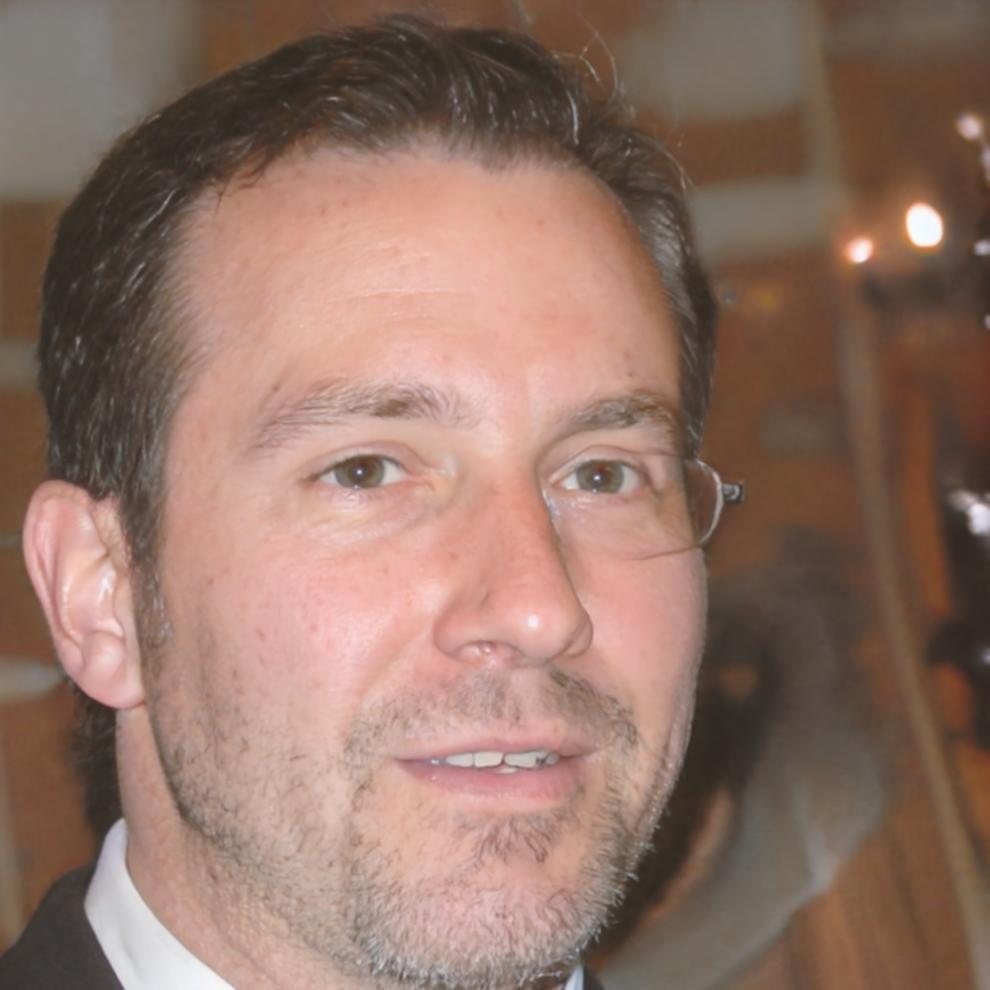Why Most Career Development Fails
Let's be honest about something. Most people who take career courses end up in the same place they started. Not because they didn't learn anything, but because the learning didn't connect to actual career moves.
We've watched this pattern for years. Someone spends months on a programme, gets a certificate, updates their LinkedIn — and then nothing changes. The problem isn't effort or motivation. It's that most programmes teach in isolation from real market conditions.
So we built our system around a different principle: every skill you develop needs a clear connection to actual opportunities. Every project you complete should demonstrate capability that employers or clients recognise and value.



